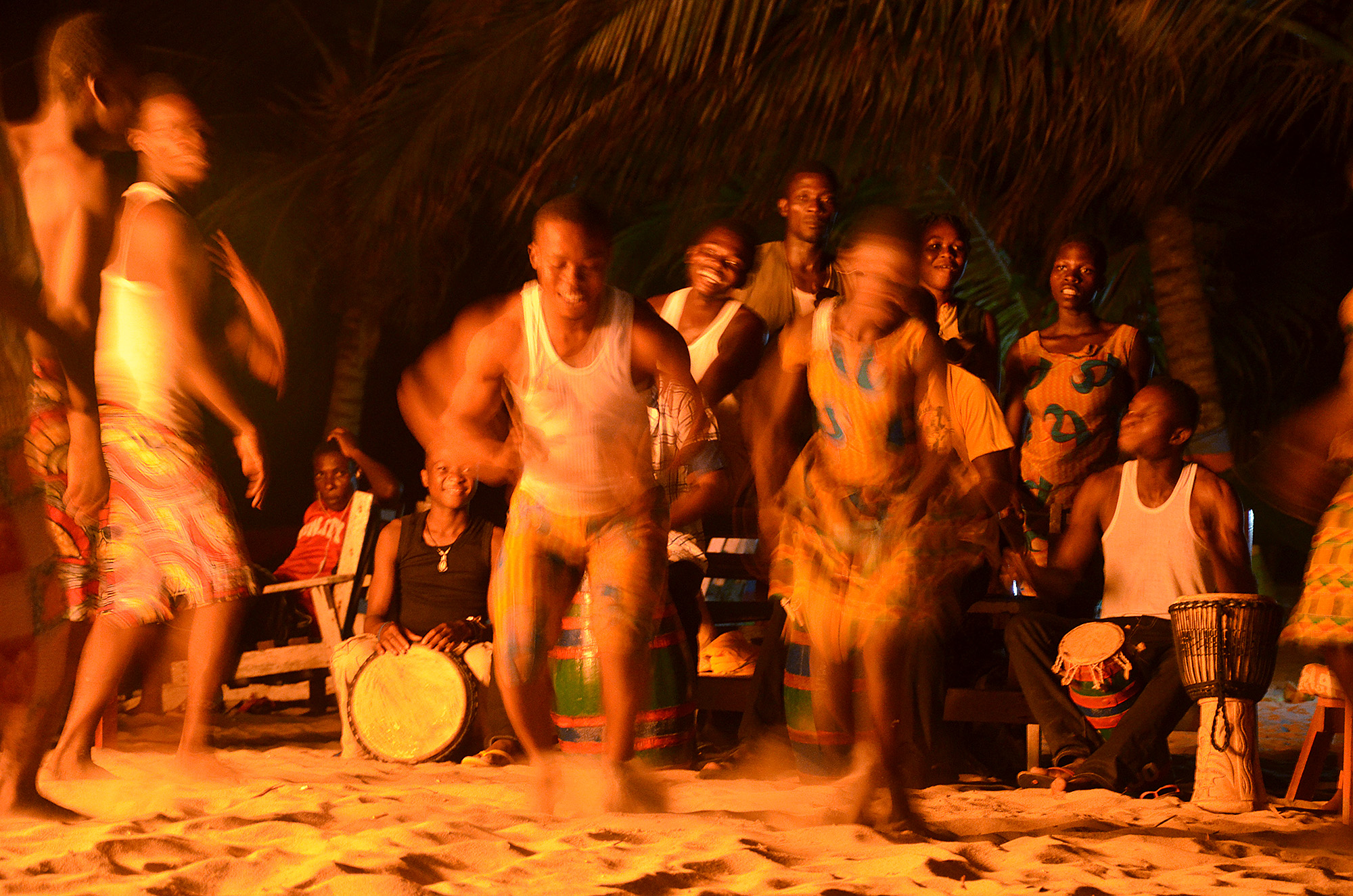
Cultural considerations in policy development
Aside from the exponential personal and professional growth of those involved with international development work, the experience is also a rewarding one for local partners that seek to engage in sharing of best practices, knowledge transfer and capacity building. In previous roles, I have had the good fortune to work in policy environments at Canadian municipal, provincial, and federal levels of government. The opportunity to work directly in education policy with the Ghanaian government departments, through our local partners - Ghana National Education Campaign Coalition, was thus unprecedented.
For government policies to be successful, they need to be mindful of the broader economic, social, and political landscape in which they are to be implemented. Ghana as a rapidly developing country provided me with the opportunity to learn a new culture, political system, and ways of doing things. Everything from democratic consensus based decision-making process in rural communities, to religious prayers before starting official meetings, was eye opening and supplemented my westernized academic know-how. Perhaps the single greatest appeal of working in Ghana lied in the potential to impact education policies by applying my policy development experience.
It should be noted that one of the major benefits of Official Development Assistance to local organizations is the opportunity to share best practices and build local capacity. Instead of hiring costly management consulting firms, local partners are provided with expertise through partnership programs like Uniterra. For the partners, this is an opportunity to gain an outsider’s perspective into operations and learn about different, and often times considerably different, ways of doing things. As an external agent of change, I found it relatively easy to make a business case for policies. This proved to be futile as in the end it was the nuanced culturally sensitive approach that made the business case more palpable. Therefore, the greatest challenge I faced was to make a culturally nuanced case for changing policies. For this reason, I would recommend all international development professionals to take their time in understanding the subtleties before proposing a way forward that is solely based on its business merits.
As capacity building inevitably leads to the need to change the status quo, organizational inertia in the form of resource and routine rigidity is common. While resource rigidity is customarily addressed in international development by absorbing trained expertise, routine rigidity is left unchecked. This results in projects not achieving self-sufficiency, which is one of the main goals of international development work. Spending time observing the historic and idiosyncratic cultural milieu of the organization before presenting policies can easily help in eliminating this problem. Having learnt this lesson in Ghana, I now apply the same principles in my current role dealing with government departments in Canada.
 Cultural dances during a reception in Ada, Ghana before a 2 day workshop
Cultural dances during a reception in Ada, Ghana before a 2 day workshop
